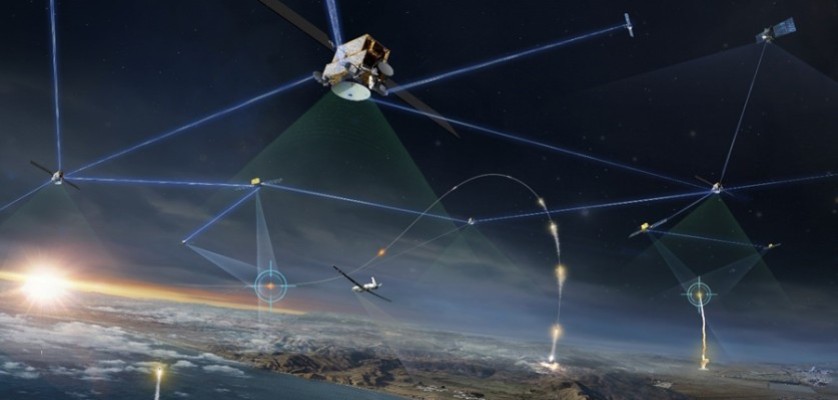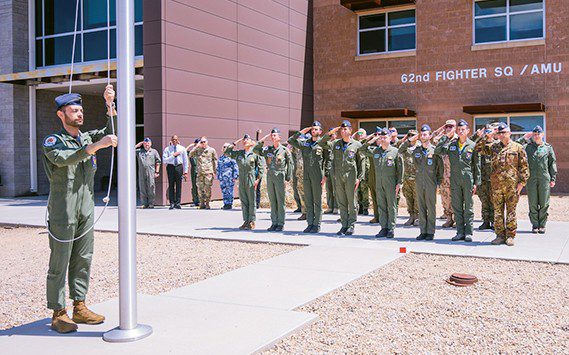Northrop Grumman received an award with a potential value of $692 million from the Space Development Agency to produce and field an innovative, proliferated constellation of 42 low-Earth orbit (pLEO) satellites for the Tranche 1 Transport Layer mesh satellite communications network.
T1TL will provide resilient, low-latency, high-volume data transport supporting U.S. military missions around the world. Designed to connect elements of an integrated sensing architecture, the network will deliver persistent, secure connectivity and serve as a critical element for Joint All Domain Command Control.
“Northrop Grumman recognizes information on the modern battlefield must be delivered to our warfighters at the speed of relevance,” said Robert Fleming, vice president and general manager, strategic space systems, Northrop Grumman. “Our T1TL solution combines decades of proven end-to-end satellite system integration and heritage communication mission expertise accumulated across multiple orbital regimes to rapidly field these critical capabilities to warfighters in the field.”
T1TL will field key technologies and infrastructure to enable future proliferated space missions responsive to warfighter priorities including battle management, missile tracking, and target custody. The network uses laser communication terminals to connect the global constellation while providing persistent, networked Link-16 and high-rate Ka-band connectivity for air, maritime and ground users.
“SDA is changing the landscape for acquisition of national defense space capabilities by capitalizing on a unique business model that harnesses commercial development to achieve a pLEO architecture that enhances resilience and lowers latency to process and move data from sensor to shooter,” said SDA Director Derek Tournear. “The per-satellite price, volume, and speed of delivery represented by the T1TL agreements signed with our partners demonstrate industry’s progress toward building a strong marketplace.”
Northrop Grumman leveraged its commercial marketplace partnerships to deliver a rapid, affordable, highly-effective solution for SDA. “We’ve fully embraced SDA’s rapid, go-to-market spirit. It’s this vision for speed that allows us to field an innovative system quickly,” said Blake Bullock, vice president, communication systems, Northrop Grumman.
The T1TL prototype agreement adds to Northrop Grumman’s successful record of fielding satellite constellations including assembly, integration and testing of 81 Iridium NEXT satellites, one of the world’s most sophisticated, highest performance constellations, launched into service in low-Earth orbit in 2019.












